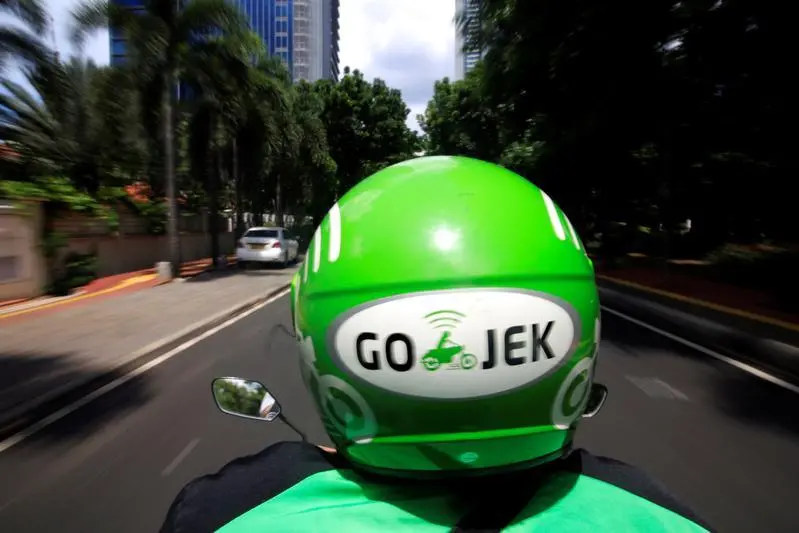PHOTO
SINGAPORE, (Reuters Breakingviews) - Startups are bumping up against the myth of Southeast Asia. This week, Indonesia’s Go-Jek trumpeted an expansion into four nearby markets. For this, the $5 billion operator of the eponymous ride-hailing app will spend heavily on separate brands and software. The problem is that this region of 660 million remains more of a political concept than an economic reality.
Southeast Asia is alluring for companies and investors looking for the next China. The population is youthful, getting richer and moving to cities. Roughly half are online, and spend nearly four hours a day on the mobile internet, usually cheap smartphones.
No wonder Tencent, Google, and Expedia are among those who have invested in local firms, while Alibaba bought homegrown competitor Lazada. Go-Jek and rival Grab, which recently swallowed Uber’s local arm, market themselves as a bet on Southeast Asia, as do other outfits such as SEA.
Reality, though, is tougher than pitch meetings. Most of the region might belong to the Association of South East Asian Nations (ASEAN). But development levels vary dramatically, even within countries, and so do tastes. Thailand is ageing, but Vietnam has an average age of roughly 30. And that's before you even get to languages, regulation, political systems and attitudes to change.
This is a huge contrast to conquering a giant single market, like China or the United States. And that makes it tough to expand from national champion to regional behemoth - even for well-supported players like Go-Jek - or for that matter, Uber. Real success means adapting to local tastes and rules - and probably, like SoftBank-backed Grab, adding in cash-burning promotions.
It is hardly a promising omen, either, that traditional companies have for decades failed to grasp the Southeast Asian opportunity – both in highly regulated industries like banking, and in less sensitive ones like retail.
Startups at least have nimbleness on their side, compared to bricks-and-mortar businesses. But investors in Go-Jek and others will need patience as they wait for tomorrow’s Southeast Asia to take shape.
CONTEXT NEWS
- Indonesian startup Go-Jek, which offers ride-hailing, food delivery and online payments, said on May 24 that it would invest $500 million in expanding into four new Southeast Asian markets: Vietnam, Thailand, Singapore and the Philippines.
- Go-Jek, whose name is a play on the word for Indonesia’s ubiquitous motorbike taxis, has grown rapidly since launching eight years ago. Along with more traditional services, it also connects customers with hairdressers, cleaners and masseurs.
- The firm raised a higher-than-expected $1.5 billion in a fundraising concluded earlier this year that included Google, Temasek, Tencent and JD.com, and valued the company at $5 billion.
- On March 26, Uber Technologies announced its exit from Southeast Asia, and a sale of its business in the region to rival Grab.
(Editing by Quentin Webb and Katrina Hamlin)
© Reuters News 2018





















